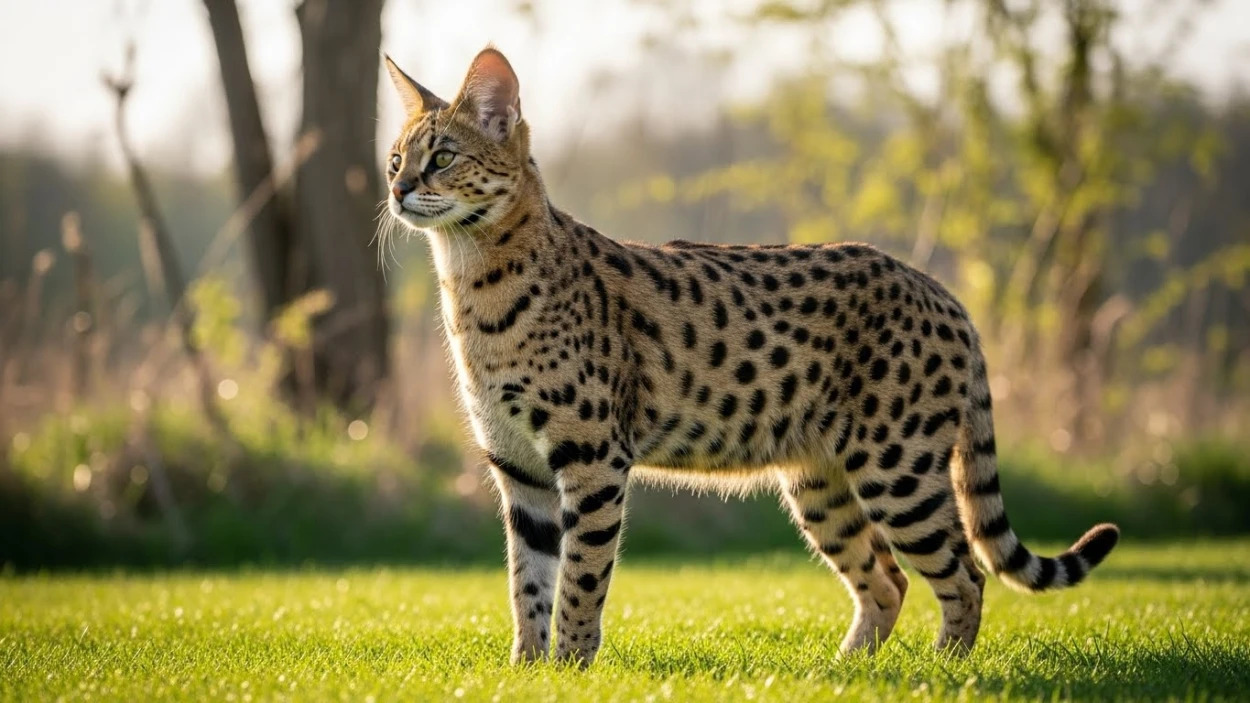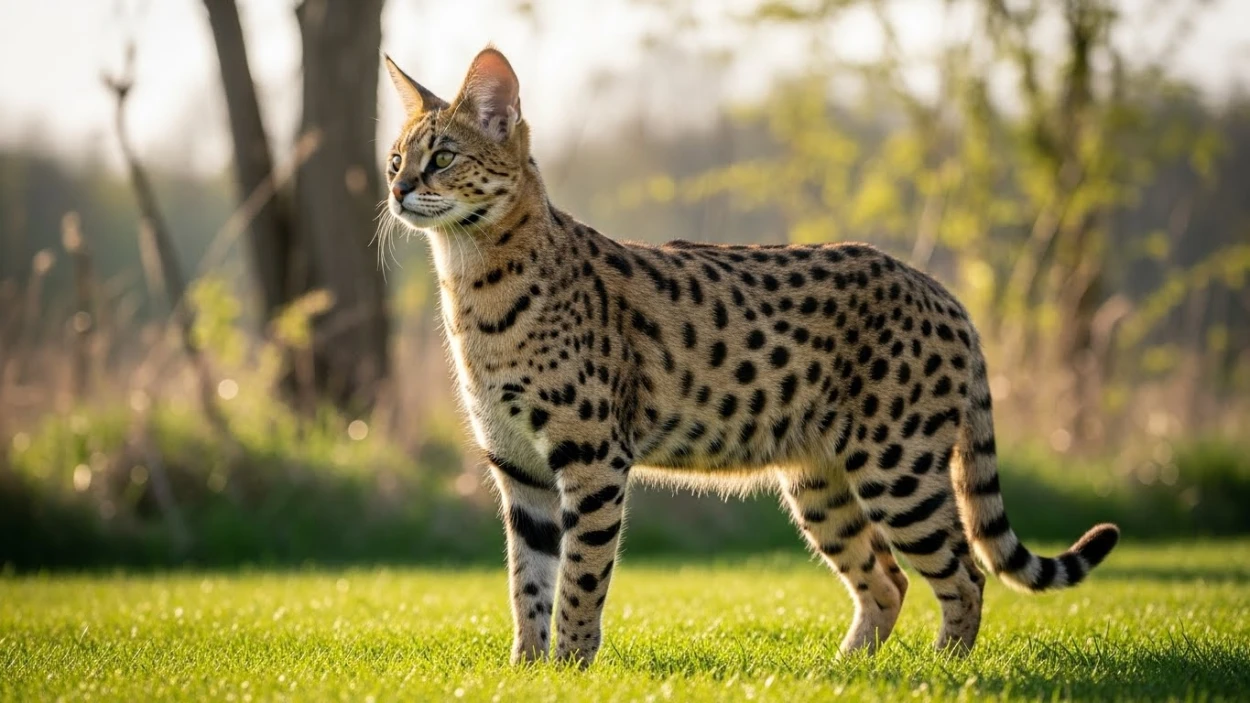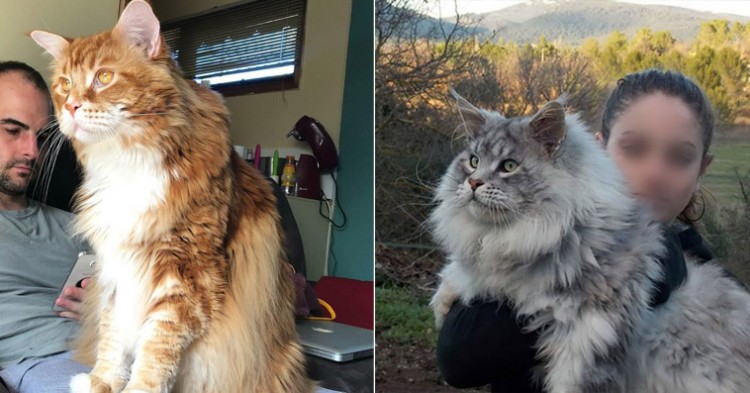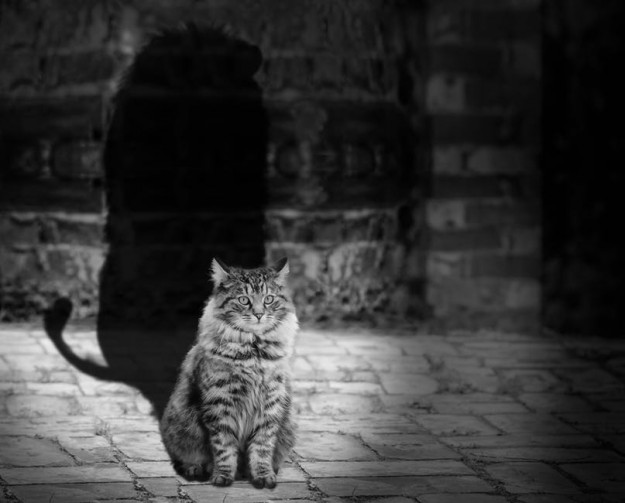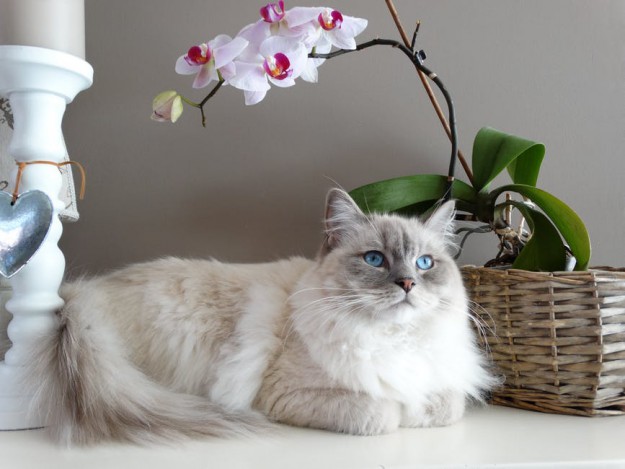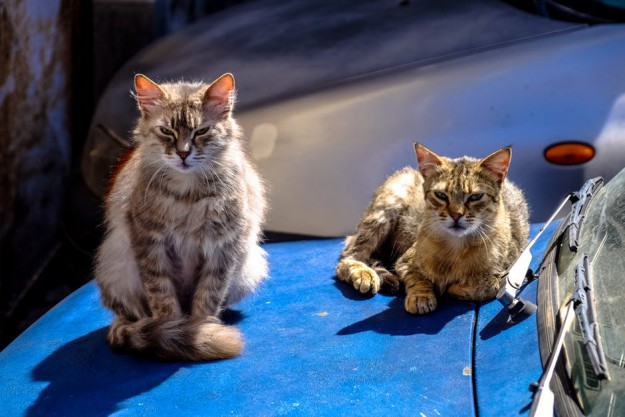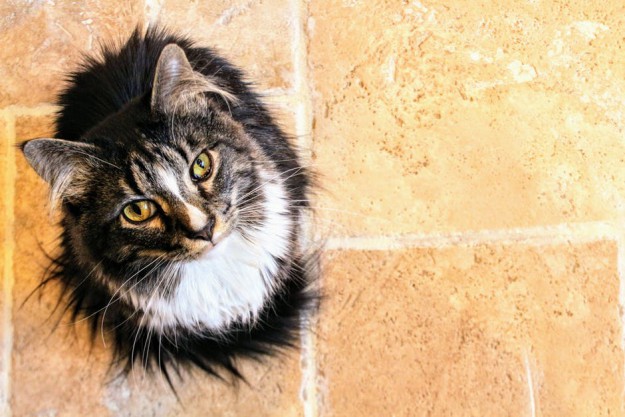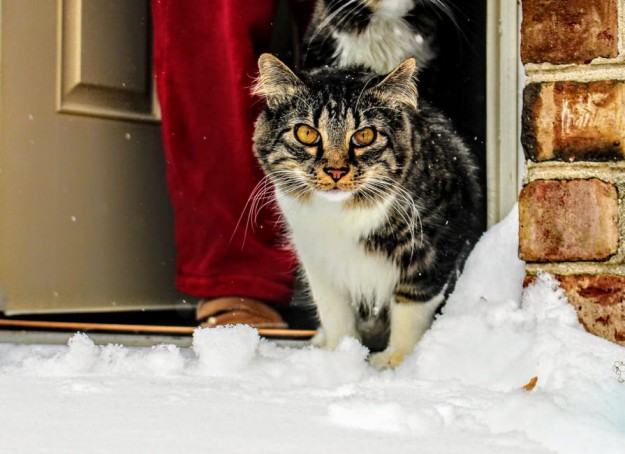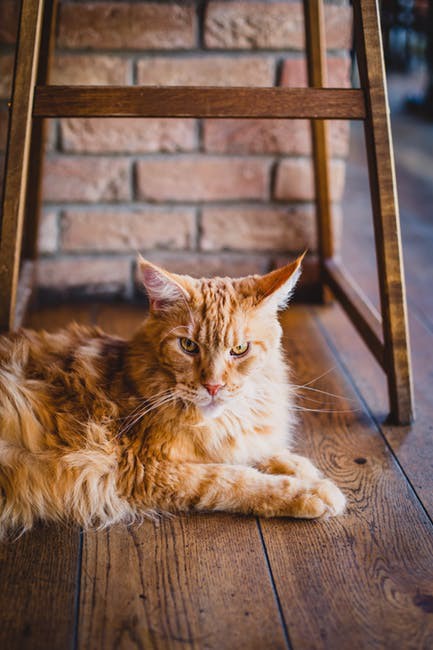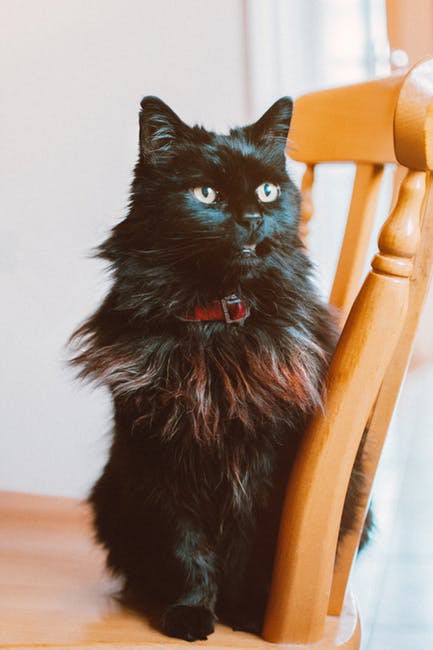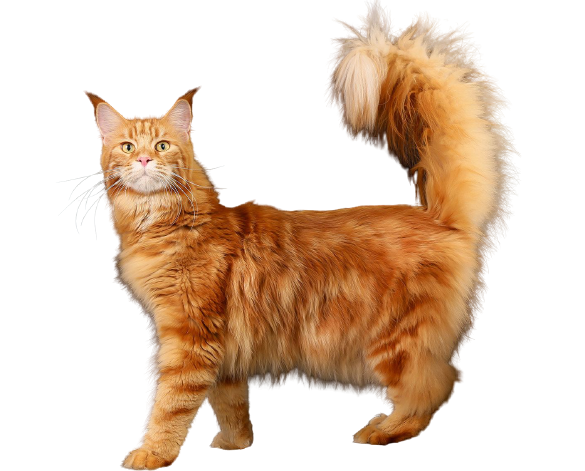
Maine Coon
USD $1200 - $2000 Price Avg.
Large, Largest
Size
Yes
Lap Cat
12 to 15 years
Lifespan
Breed Information
| Popularity/Rank | 5 |
|---|---|
| Name | Maine Coon |
| Other names | Coon Cat, Maine Cat, Maine Shag, Snowshoe Cat, American Longhair, The Gentle Giants |
| Origin | United States |
| Size | Large, Largest |
| Coat | Light Undercoat, Silky, Soft, Longhair |
| Lap Cat | Yes |
| Lifespan | 12 to 15 years |
| Temperament |
Gentle, Independent, Intelligent, Loving, Adaptable 1. Gentle: The Maine Coon is a gentle giant. They are one of the largest domesticated cat breeds and can weigh up to 18 pounds, but they are also some of the most loving and gentle cats you will ever meet. They are known for being great with children and other pets, and they make wonderful companions. 2. Independent: While Maine Coons are very loving and affectionate cats, they also have a strong independent streak. They are not the type of cat that needs to be constantly cuddled and fussed over, and they are perfectly content to curl up in their own space when they want some alone time. 3. Intelligent: The Maine Coon is an extremely intelligent breed of cat, and they have a reputation for being one of the easiest breeds to train. They are quick learners who enjoy playing games and solving puzzles, and they often excel at tricks or obedience training. 4. Loving: Above all else, the Maine Coon is a loving breed of cat. They form strong bonds with their owners and love spending time with their families. They are known for being particularly affectionate towards children, and they make wonderful family pets. 5. Adaptable: The Maine Coon is an incredibly adaptable breed of cat. They thrive in both warm weather climates and cold weather climates, making them one of the few truly all-weather cats. They also do well in both rural environments and urban environments, making them ideal pets for city-dwellers or country-dwellers alike |
| Weight | Female: 8-12 pounds, Male: 15-25 pounds |
| Colors | Golden, Gray, Silver, White, Black |
| Kitten Prices |
USD $1200 - $2000
Maine Coon kitten prices can range from $1200 to $2000 USD, depending on the breeder. The price of a Maine Coon kitten from a reputable breeder is usually on the higher end of the spectrum. The price of a Maine Coon kitten from a less reputable breeder is usually on the lower end of the spectrum. The quality of the Maine Coon kitten is usually reflected in the price. A higher quality Maine Coon kitten will typically cost more than a lower quality Maine Coon kitten. The parents of a Maine Coon kitten can also affect the price. If the parents are from a well-known and respected bloodline, then the kittens will typically be more expensive than if the parents are from a less known or respected bloodline. Choosing a Maine Coon cat can be a great decision for many people. They are known for being intelligent, playful, and affectionate cats. They are also relatively low maintenance compared to other breeds of cats. |
Breed Characteristics
| Adaptability | |
|---|---|
| Affection Level | |
| Child Friendly | |
| Dog Friendly | |
| Energy Level | |
| Grooming | |
| Health Issues |
Hip dysplasia, elbow dysplasia, chondrodysplasia, patellar luxation, osteochondritis dessicans, cardiomyopathy, hypertrophic cardiomyopathy, amyloidosis, polycystic kidney disease, diabetes mellitus, and urinary tract infections. Is Maine Coon cat Hypoallergenic? Maine Coon cats are not hypoallergenic, but they are considered to be one of the least allergenic cat breeds. They produce less of the Fel d 1 protein, which is the main allergen found in cat saliva, than other breeds of cats. 1. Hip Dysplasia Hip dysplasia is a condition that affects the hip joint. The hip joint is a ball and socket joint, and in hip dysplasia, the ball and socket do not fit together properly. This can cause pain and lameness in the affected cat. Hip dysplasia is thought to be genetic, and it is more common in large breeds of cats such as the Maine Coon. 2. Elbow Dysplasia Elbow dysplasia is a condition that affects the elbow joint. In elbow dysplasia, the bones of the elbow joint do not fit together properly. This can cause pain and lameness in the affected cat. Elbow dysplasia is thought to be genetic, and it is more common in large breeds of cats such as the Maine Coon. 3. Chondrodysplasia Chondrodysplasia is a condition that affects the bones. In chondrodysplasia, the bones do not grow properly. This can cause short stature and deformities in the affected cat. Chondrodysplasia is thought to be genetic, and it is more common in large breeds of cats such as the Maine Coon. 4. Patellar Luxation Patellar luxation is a condition that affects the kneecap. In patellar luxation, the kneecap does not stay in its proper place. This can cause pain and lameness in the affected cat. Patellar luxation is thought to be genetic, and it is more common in small breeds of cats such as the Maine Coon. 5. Osteochondritis Dessicans Osteochondritis dessicans is a condition that affects the bones and joints. In osteochondritis dessicans, the bones and joints do not develop properly. This can cause pain and lameness in the affected cat. Osteochondritis dessicans is thought to be genetic, and it is more common in large breeds of cats such as the Maine Coon. 6. Cardiomyopathy Cardiomyopathy is a condition that affects the heart muscle. In cardiomyopathy, the heart muscle does not work properly. This can cause heart failure and death in affected cats. Cardiomyopathy is thought to be genetic, and it is more common in large breeds of cats such as the Maine Coon. 7. Hypertrophic Cardiomyopathy Hypertrophic cardiomyopathy is a condition that affects the heart muscle. In hypertrophic cardiomyopathy, the heart muscle becomes thickened. This can cause heart failure and death in affected cats. Hypertrophic cardiomyopathy is thought to be genetic, and it is more common in large breeds of cats such as the Maine Coon. 8. Amyloidosis Amyloidosis is a condition that affects the organs. In amyloidosis, a protein called amyloid is deposited in the organs. This can cause organ failure and death in affected cats. Amyloidosis is thought to be genetic, and it is more common in large breeds of cats such as the Maine Coon. 9. Polycystic Kidney Disease Polycystic kidney disease is a condition that affects the kidneys. In polycystic kidney disease, cysts form in the kidneys. This can cause kidney failure and death in affected cats. Polycystic kidney disease is thought to be genetic, and it is more common in large breeds of cats such as the Maine Coon. 10. Diabetes Mellitus Diabetes mellitus is a condition that affects the pancreas. In diabetes mellitus, the pancreas does not produce enough insulin. This can cause high blood sugar levels and death in affected cats. Diabetes mellitus is thought to be genetic, and it is more common in large breeds of cats such as the Maine Coon. 11. Urinary Tract Infections Urinary tract infections are infections that affect the urinary tract. In cats, urinary tract infections are most often caused by bacteria. Urinary tract infections can cause pain and discomfort in affected cats. Urinary tract infections are more common in female cats than in male cats. |
| Intelligence | |
| Shedding | |
| Social Needs | |
| Stranger Friendly | |
| Vocalization | |
| Health Care |
Maine Coon cats are a hardy breed, but they still require regular health care to stay in tip-top shape. Here are some tips for keeping your Maine Coon healthy:
1. Feed them a high-quality diet. Maine Coons need a diet that is high in protein and fat to maintain their muscular bodies. Look for a food that is specifically formulated for Maine Coons or other large breeds. 2. Keep them active. Maine Coons love to play and run around, so make sure you provide them with plenty of toys and space to run. A good way to keep them active is to invest in a cat tree or scratching post. 3. Brush their fur regularly. Maine Coons have long, thick fur that can get matted easily. Brush their fur at least once a week to prevent mats and keep their coat looking shiny and healthy. 4. Check their ears regularly. Maine Coons are prone to ear infections, so it's important to check their ears regularly and clean them if necessary. 5. Keep their claws trimmed. Maine Coons love to scratch, so their claws can get very sharp. Keep them trimmed to prevent damage to your furniture and to their own skin. By following these simple tips, you can help your Maine Coon stay healthy and happy for many years to come. |
History
The Maine Coon is a large and lovable breed of cat that has been around for centuries. Though they were once nearly extinct, they have made a comeback in recent years and are now one of the most popular breeds of cats.
The Maine Coon is believed to be descended from the cats brought over by early settlers to the state of Maine. These cats were likely a mix of different breeds, including the Norwegian Forest Cat, the British Shorthair, and the Russian Blue. They were well-suited to the cold climate of Maine and quickly became popular among farmers and other settlers for their hunting skills and their affectionate nature.
By the early 1900s, however, the Maine Coon was in danger of becoming extinct due to competition from other breeds of cats that had been introduced to America. Fortunately, a few dedicated breeders kept the Maine Coon alive and eventually helped to make it one of the most popular cat breeds in America. Today, there are an estimated 500,000 Maine Coons in existence.
The Maine Coon is a large cat, with males typically weighing between 13 and 18 pounds and females between 8 and 12 pounds. They are known for their thick fur coats, which help to keep them warm in even the coldest climates. They also have long tails and large paws, which make them excellent climbers. In addition to their physical attributes, Maine Coons are also known for being gentle giants who love spending time with their families. If you're looking for a big cuddly cat who will become a beloved member of your family, then the Maine Coon is definitely the breed for you!
Description
Maine Coon cats are one of the most popular cat breeds in the world. They are known for their large size, long fur, and friendly personality. Here is everything you need to know about Maine Coon cats.
Appearance: Maine Coon cats are large cats with long fur. They have a thick coat that is water-resistant. Their tails are long and bushy. They have big, round eyes and large ears. Maine Coon cats come in a variety of colors, including black, brown, red, and white.
Lifespan: The average lifespan of a Maine Coon cat is 10-12 years.
Size: Maine Coon cats are one of the largest cat breeds. They can weigh up to 18 pounds (8 kg).
Weight: The average weight of a Maine Coon cat is 10-18 pounds (4-8 kg).
Colors: Maine Coon cats come in a variety of colors, including black, brown, red, and white.
Personality: Maine Coon cats are known for their friendly personality. They are outgoing and love to be around people. They are also very playful and affectionate with their family members. Maine Coon cats get along well with other animals, including dogs and children. However, they do not like to be left alone for too long and may become destructive if bored.
Health: The health of Maine Coon cats is generally good. However, they are prone to certain health conditions such as hip dysplasia and heart disease. It is important to take your Maine Coon cat to the vet regularly for checkups and vaccinations.
Adaptability: The adaptability level of Maine Coon cats is high. They can live in a variety of environments, including apartments and houses with or without yards. However, they do require regular grooming due to their long fur coats




